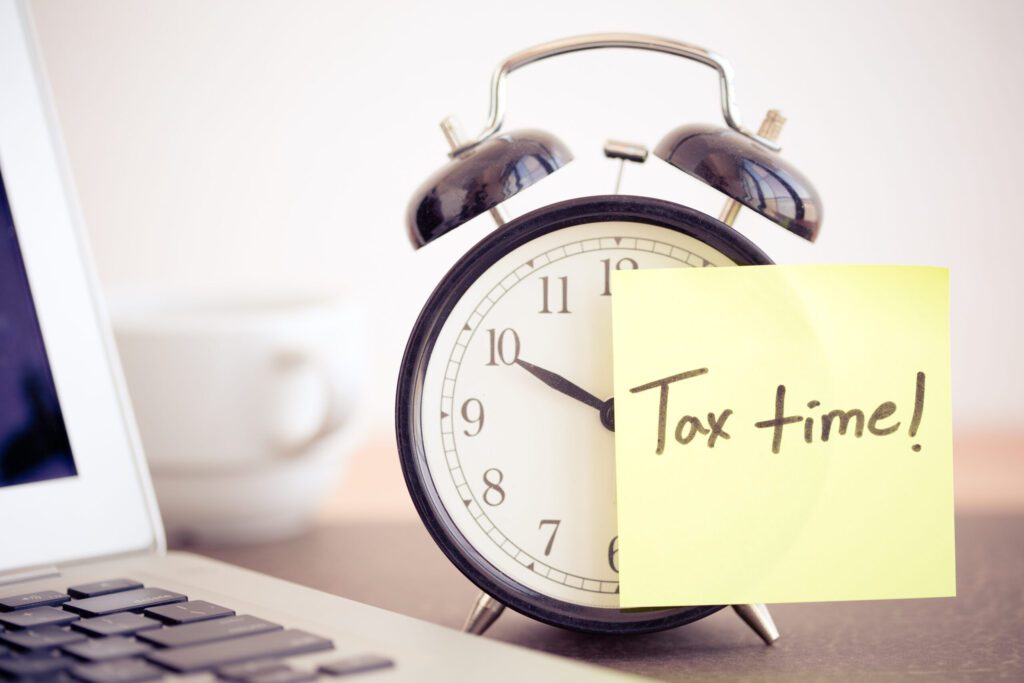In Canada, as in many other countries, individuals and businesses have access to lots of different types of loan to fulfil their financial needs and goals. Two fundamental categories of loan you will come across in Canada are secured loans and unsecured loans. Each of these loan types comes with its own set of characteristics, advantages, and considerations. So, secured vs unsecured loan – what are the differences? In this article, we will delve into the differences between secured and unsecured loans in Canada so that you are better informed as to which type might be best for you.
What is a secured loan?
A secured loan in Canada is a type of borrowing that is backed by collateral, typically an asset or property that you own. This collateral serves as a form of security for the lender, reducing the risk they take when extending the loan. Should you not be able to repay the loan in line with the contract you sign when taking out the loan, the lender can seize and sell the collateral to recover their losses. Examples of secured loans in Canada include the following:
- Mortgages – your home is the collateral, and should you fail to make your mortgage payments, your lender can foreclose on your property
- Car loans – when financing a new car, the vehicle itself is often the collateral. If you default on your loan, your lender can repossess the car
- Home equity loans or lines of credit – these loans use your home equity as collateral. If you fail to repay a home equity loan, you could lose your home
What are the advantages of secured loans?
Here are the key benefits of secured loans:
- Low interest rates – secured loans usually have lower interest rates than unsecured loans because lenders have the security of collateral to fall back on
- Higher loan amounts – as secured loans are secured by collateral, lenders are often prepared to lend larger sums of money
- Easier process – secured loans are often more accessible to borrowers with poor credit scores because the collateral decreases the lender’s risk
What is an unsecured loan?
An unsecured loan in Canada is a loan that does not require collateral. This means that if you cannot repay your loan, the lender is not able to seize or repossess your assets. Instead, the lender evaluates your creditworthiness and income to assess your eligibility for the loan. This makes your credit score really important – it shows your payment history and the likelihood of repaying your loan. Unsecured loans often carry higher interest rates than secured loans because of the risk that your lender may not receive their repayments. Examples of unsecured loans in Canada include the following:
- Personal loans – general purpose loans taken out for different reasons, for example, debt consolidation, home improvements, or emergencies
- Credit cards – allowing you to make purchases and pay the balance over time
- Student loans – government-backed student loans usually rely on your promise to repay, rather than collateral
What are the advantages of unsecured loans?
Here are the key benefits of unsecured loans:
- No collateral is required – you do not risk losing assets like your home or car if you default on the loan
- Quick approval – often unsecured loans have a fast application and approval process as collateral is not involved
- Flexible purposes – unsecured loans offer flexibility in how you use the funds, making them ideal for a range of financial needs
Secured vs unsecured loan – when should you consider which?
Generally speaking, secured loans are easier to obtain because the lender faces less risk when there is collateral to fall back on should you fail to repay your loan. While unsecured loans do not require collateral, they often carry higher interest rates because of the increased risk. Unsecured loans also offer lower borrowing limits, and in some cases can be more difficult to qualify for. Here are some typical usages for secured loans:
- Large home renovations
- Large debts
And some usages for unsecured loans:
- Debt consolidation
- Funding emergency expenses
- Home maintenance
- Car repairs and maintenance
Here is a summary of the key differences of a secured vs unsecured loan:
| Unsecured loan | Secured loan | |
| Collateral required? | No | Yes |
| Loan amount | Smaller amounts of money | Larger amounts of money |
| Lending terms | Often based on applicants’ credit history | Often based on value of collateral |
| Loan term | Shorter repayment terms | Longer repayment terms |
| Loan rate | Generally higher interest rates | Generally lower interest rates |
| Example | Credit cards; travel loans; medical bills | Mortgages; car loans; secured business loans |
| Associated risks | No asset forfeiture | Losing collateral if you default |
Which type of loan is right for you?
Choosing between a secured vs unsecured loan in Canada depends on your financial situation, your goals, and your payment history. Here are a few scenarios that may help you to establish which of the loans you need:
- If you have valuable assets that you can use as collateral in order to secure a lower interest rate, a secured loan may work best
- If you do not have assets to pledge or do not fancy the risk to your assets, an unsecured loan could be best
- If you have a strong credit history and income, an unsecured loan may be a better option
- If you credit history is poor, pledging collateral can help to boost your borrowing risk, making a secured loan a good option
In conclusion, understanding the differences between secured and unsecured loans in Canada is vital when making financial decisions. Whether you choose a secured or unsecured loan, responsible borrowing and timely repayment are essential to maintaining your financial well-being and creditworthiness.
What are the consequences of defaulting on an unsecured or secured loan?
While delinquency is being behind on one or more payments, default is more serious. If you do not catch up on payments or contact your lender to make a payment arrangement, you will go into default. One this happens, your information could be sent to a collection agency. It is then their job to use any means legally possible to contact you until the funds are received. This could mean collection calls, and even legal action like a wage garnishment or bank account freezes. For secured loans, your collateral will likely be seized by your lender. Defaulting on either an unsecured or secured loan can also have a negative impact on your credit score, and could harm any efforts you make in the future to borrow. If you are worried you may miss a payment, you should contact your lender immediately. It is in their interest to work with you to try and adjust the terms of the loan so that you do not need to miss a payment.
Whether a secured vs unsecured loan is right for you, before you take out a loan you should make sure you can afford to make the repayments. Only borrow what you need, or you could find yourself in financial difficulty. If you are worried about repaying your loan, book a free consultation with Spergel. Our expert Licensed Insolvency Trustees will review your finances and advise you on the best path to take to a fresh financial future.



















